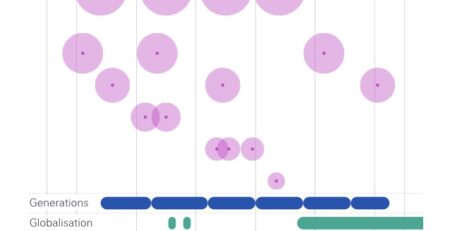Nudge for Good? Choice Defaults and Spillover Effects
By Claus Ghesla, Manuel Grieder & Jan Schmitz (ETH Zurich)
Policy makers increasingly use choice defaults to promote ‘good’ causes by influencing socially relevant decisions in desirable ways, e.g., to increase retirement savings, charitable giving, or pro-environmental choices. Such default nudges are remarkably successful when judged by their effects on the targeted behaviors in isolation. However, there is scant knowledge about possible spillover effects of defaults on subsequent related choices. Theoretically, such behavioral spillover effects could amplify, eliminate or even reverse the initially positive effects of choice defaults. We report the results from a laboratory experiment that explores the subsequent behavioral consequences of nudging people into initial pro-social behavior via the use of choice defaults. Our results are promising as we find that pro-social defaults do not impose adverse effects on subsequent behavior.
Full Content: SSRN










